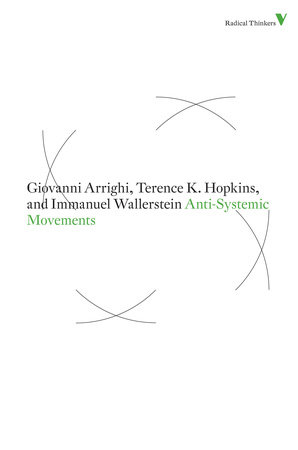-
<Books>
- Popular
- New & Noteworthy
- Bestsellers
- Graphic Novels & Manga
- The Must-Read Books of 2024
- Popular Books in Spanish
- Coming Soon
- Fiction
- Classics
- Romance
- Literary Fiction
- Mystery & Thriller
- Science Fiction
- Spanish Language Fiction
- Nonfiction
- Biographies & Memoirs
- Wellness
- Cookbooks
- History
- Spanish Language Nonfiction
- Series
- Gray Man
- Rebel Blue Ranch
- All Souls
- A Song of Ice and Fire
- Penguin Classics
-
<View All>
-
<Kids>
- Popular
- New & Noteworthy
- Bestsellers
- Award Winners
- The Parenting Book Guide
- Books to Read Before Bed
- Books for Middle Graders
- Trending Series
- Who Was?
- Magic Tree House
- The Last Kids on Earth
- Mad Libs
- Planet Omar
- Beloved Characters
- The World of Eric Carle
- Bluey
- Llama Llama
- Dr. Seuss
- Junie B. Jones
- Peter Rabbit
- Categories
- Board Books
- Picture Books
- Guided Reading Levels
- Middle Grade
- Graphic Novels
-
<View All>
-
<
Popular
- Trending
- Trending This Week
- Romantasy Books To Start Reading Now
- Page-Turning Series To Start Now
- Books to Cope With Anxiety
- Short Reads
- Anti-Racist Resources
- Staff Picks
- Romance
- Mystery & Thriller
- Fiction
- Memoir & Fiction
- Features & Interviews
- Emma Brodie Interview
- James Ellroy Interview
- Nicola Yoon Interview
- Qian Julie Wang Interview
- Deepak Chopra Essay
- How Can I Get Published?
- For Book Clubs
- Reese's Book Club
- Oprah’s Book Club
- Guide: Tell Me Everything
- Guide: James
-
<
-
<Recommendations>
- Book Lists
- Books To Read if You Love "Wicked"
- Western Romance Novels
- Insightful Therapy Books To Read This Year
- Historical Fiction With Female Protagonists
- Best Thrillers of All Time
- Manga and Graphic Novels
- Articles
- Start Reading Happy Place
- How to Make Reading a Habit with James Clear
- How Can I Get Published?
- Why Reading Is Good for Your Health
- 10 Facts About Taylor Swift
-
<View All>


























